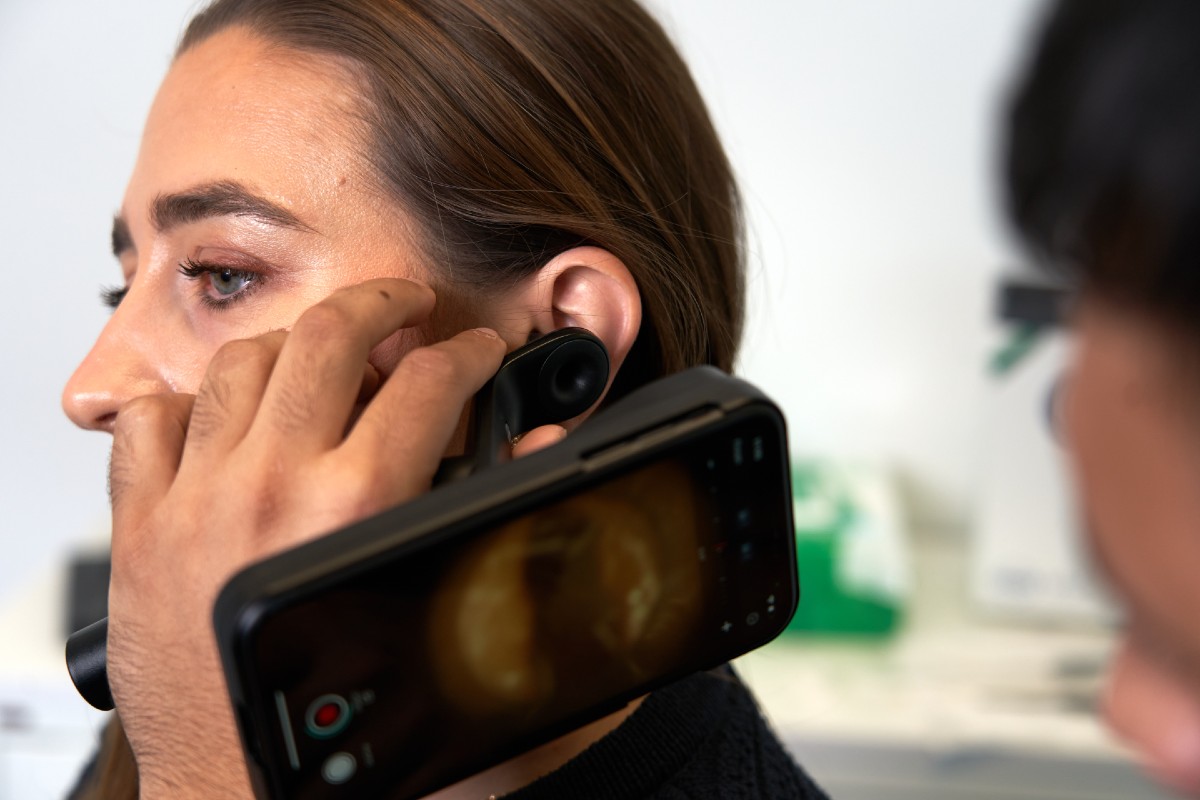Foresight, a generative AI model, learns to predict what happens next based on previous medical events.
The model is being trained on routinely collected, de-identified NHS data from 57 million people to predict potential health outcomes for patient groups across England. This could be events such as hospitalisation, heart attacks or a new diagnosis. Predicting these events early could enable targeted intervention, shifting towards more preventative healthcare at scale.
The pilot study operates entirely within the NHS England Secure Data Environment (SDE), a secure data and research analysis platform that provides controlled access to de-identified health data, where both the AI model and all patient data remain under strict NHS control.
By including data covering England's entire population, the model can make predictions about health outcomes across all demographics and for rare conditions.
Lead researcher Dr Chris Tomlinson, from UCL Institute of Health Informatics, said: ‘AI models are only as good as the data on which they're trained. So if we want a model that can benefit all patients, with all conditions, then the AI needs to have seen that during training.
‘Using national-scale data allows us to represent the kaleidoscopic diversity of England's population, particularly for minority groups and rare diseases, which are often excluded from research.'
Simon Ellershaw, a PhD researcher at UCL Institute of Health Informatics, added: ‘Combining the computing resources needed for AI with NHS data has always been challenging, but thanks to the support of our partners we've been able to safely and securely apply state-of-the-art AI methods to NHS data at unprecedented scale.'
In the future, the researchers would like to train the model further on deeper data sources, going back further in time. They are also exploring how to responsibly expand the scope of the model, which is currently restricted to Covid-related research.
Health and social care secretary, Wes Streeting, said: ‘I'm determined that we use this kind of groundbreaking technology to cut down on unnecessary hospital trips, speed up diagnosis times, and free up staff time. AI will be central as we bring our analogue NHS into the digital age to deliver faster and smarter care across the country.'



